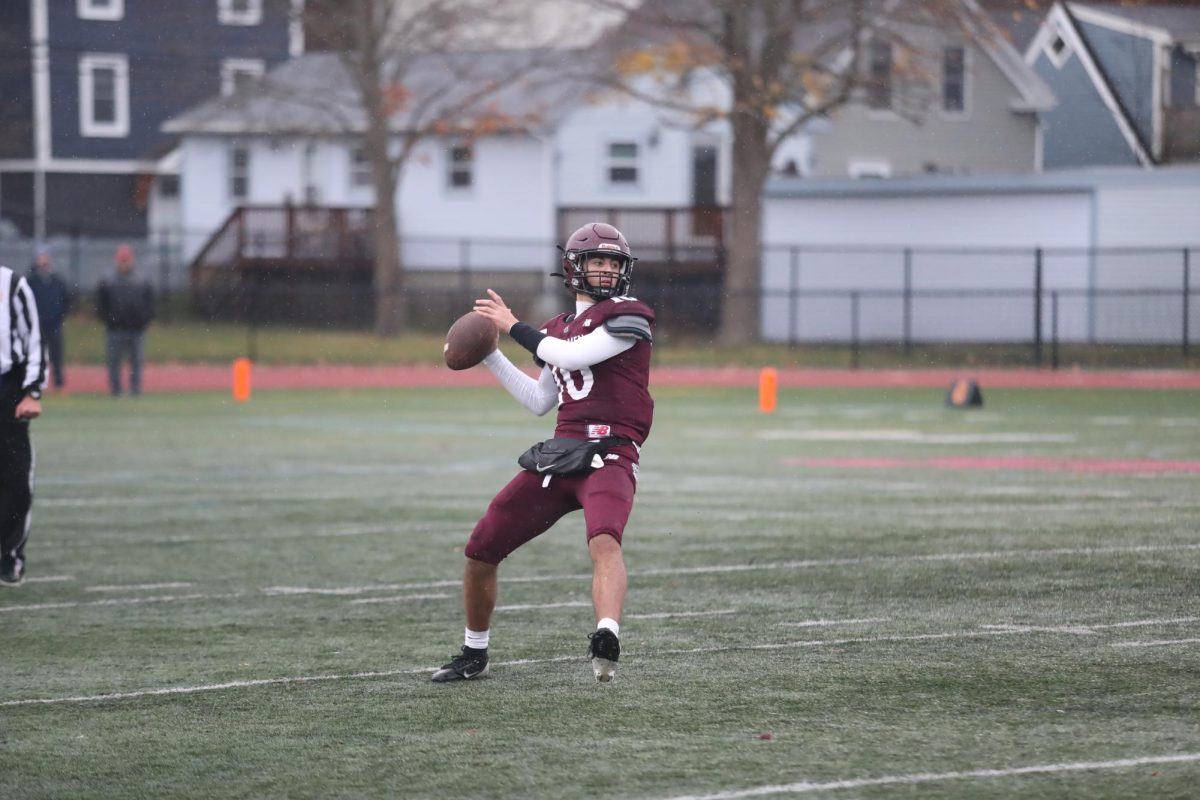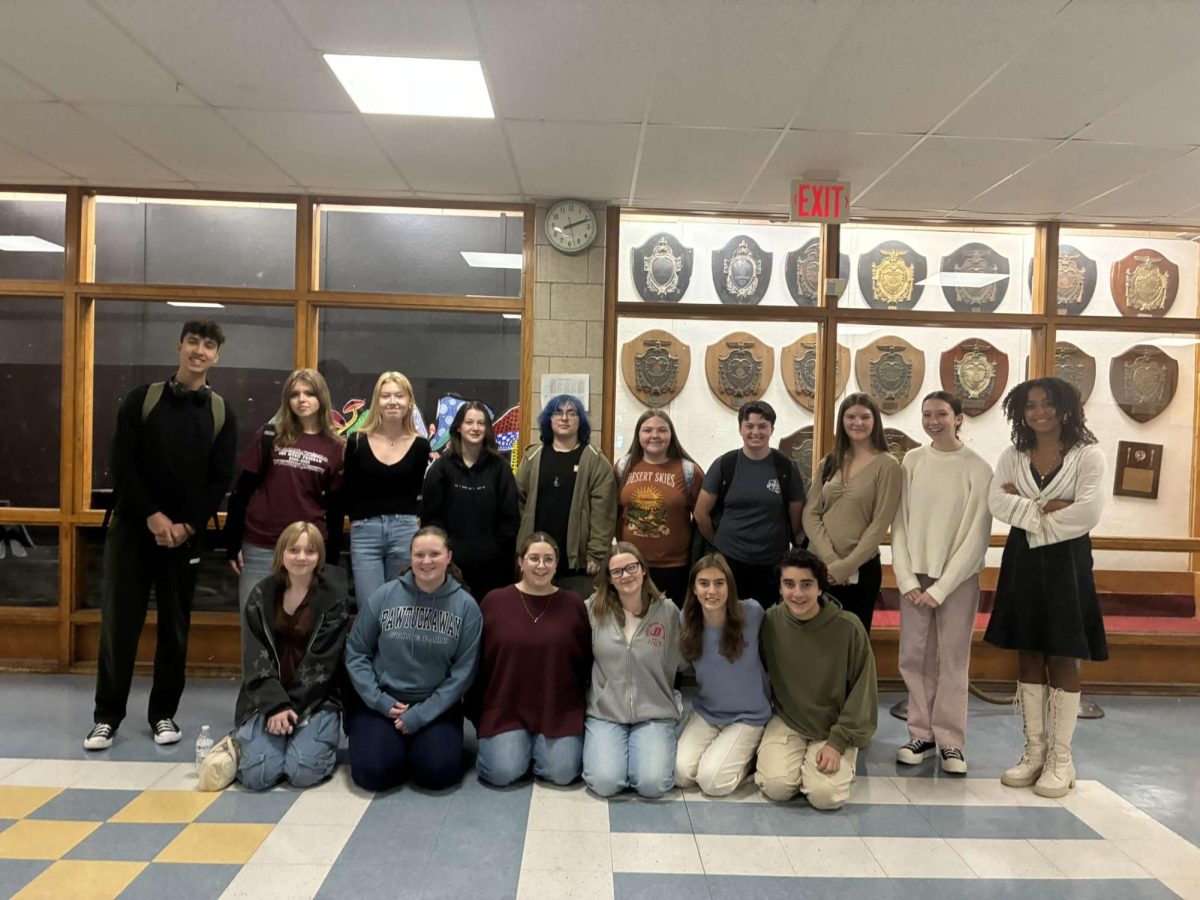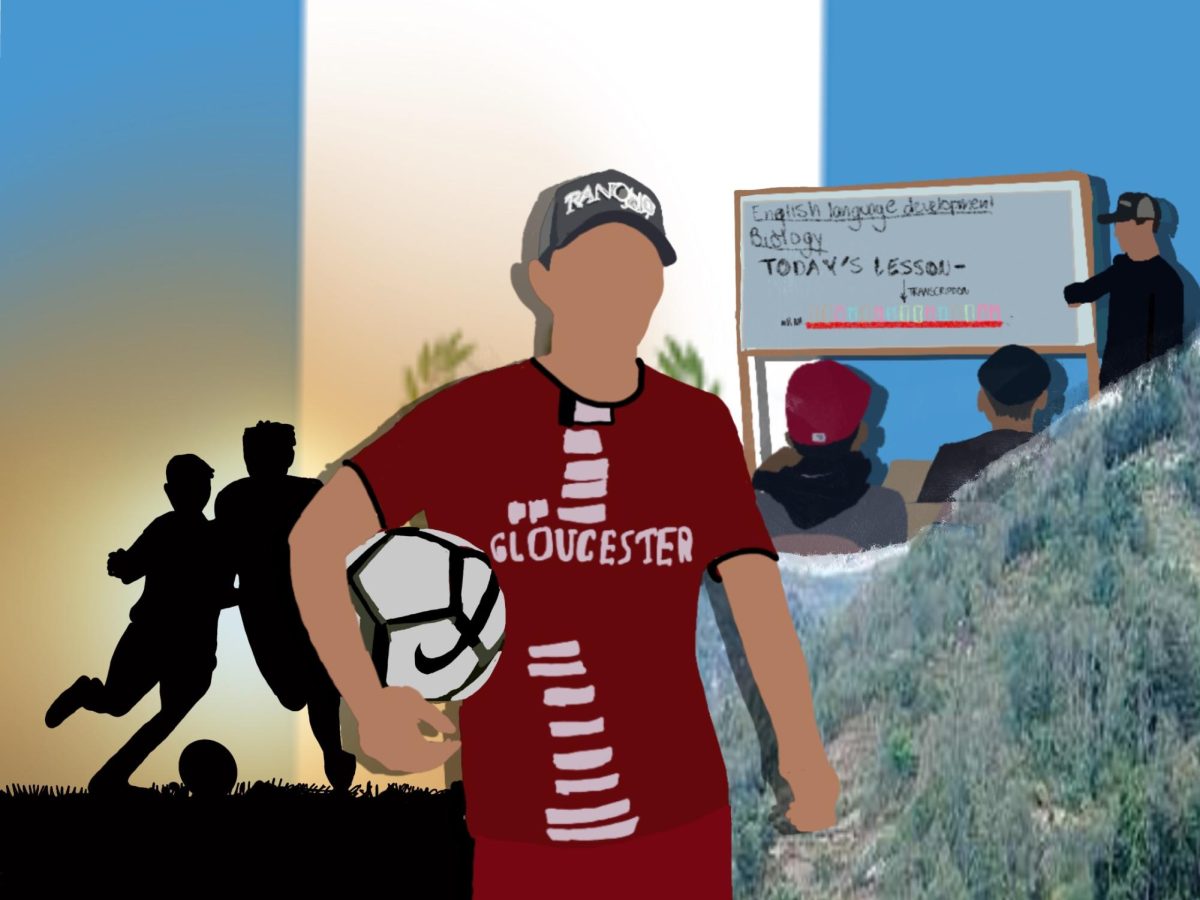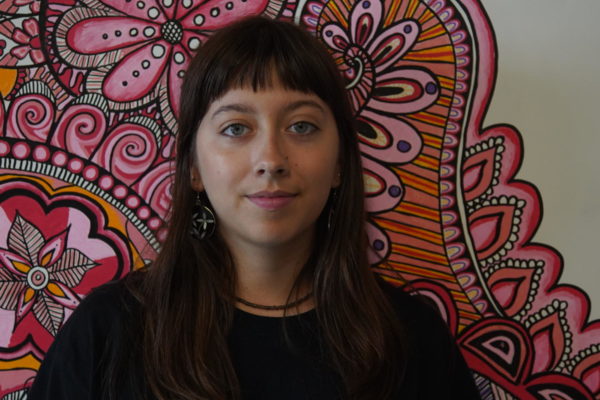Meet Aly. Aly Bryant graduated from GHS in the class of 2017, in love with science and ready to take advantage of all the STEM-related opportunities she could. She thought the only way she could do that was with a 4-year college degree, until she discovered the Gloucester Biotech Academy, a 9-month vocational training program that allows students to get right into professional biotechnology labs. Aly worked for Dana-Farber Cancer Institute out of the GBA, an institute that works in cancer treatment and research. Aly’s first lab experience was in the classrooms of GHS, doing experiments and activities made possible by GEF funding. Now, Aly is at Vesigen Therapeutics, a biotech company dedicated to developing therapeutics and breaking scientific barriers, and her future is dazzlingly bright.
What has your path looked like since graduating high school?
So, I graduated high school in 2017, took a gap year, and then I graduated from the GBA (Gloucester Biotech Academy) in 2019. Right after the GBA, I interned with Dana-Farber in Boston. I ended up staying there and working there for about a year after my internship, and then I joined a private company which I’m still with, Vesigen Therapeutics, in Cambridge. I went from doing bench work and being a research associate to now being lab manager and upstream production coordinator. With lab management, I’m in charge of overseeing the lab activities, making sure that everyone has everything they need to get their projects done, be that ordering consumables, maintaining equipment, etc. Upstream production management means I help all the research associates and make sure we’re on track to reach our goals as far as production goes.
When you graduated from GHS, what was the process behind getting involved with the GBA?
I actually got introduced to it by a former student, who had gone the year prior and knew I was super into science, so that’s how I got involved. GHS did give us a little information about what it was my senior year, but I was set on going to college back then.
What did you learn at the GBA?
At the biotech academy, they teach you everything from lab skills to interpersonal/professional skills. When I was there, I learned all of the components of a lab, but what I really carry with me is the professionalism practice, like mock interviewing, communication. They teach you about the science aspect, but they also prepare you to go out into the working world and be a professional.
In high school, what were your main areas of interest?
I’ve always been interested in science. I knew I would be doing something related to science in my career, I just didn’t realize it was going to be biotechnology. I always thought I’d be working in a hospital lab, testing samples, and I didn’t even discover the world of biotech until GBA. In high school I did a lot of science classes. People usually take it easy their senior year, but I took as many science classes as I could. At GHS, I was in Marine Biology, Ecology, AP Bio, Physics, Chemistry, I did it all. I definitely worked my way through the STEM field.
What were some of your academic experiences at GHS that inspired you to stay in STEM?
I actually enjoyed what I was reading about. Science textbooks weren’t boring to me, whereas a history textbook I could barely get through a chapter. It just clicked for me, and I could skim through a chapter of a science textbook and retain a lot of information easily, where I couldn’t with history.
Where did your passion for STEM begin?
Probably high school, and I say that because they didn’t have comprehensive biology classes before then. My freshman year, we started doing labs, and I think that’s what I grew to love. Prior to that, it was a lot of book learning, but then you get into high school and you’re allowed to start to do experiments and learn about exactly what you’re doing.
How did being in the GBA lead you to your first internship?
Part of the program at GBA is you get a paid internship for 3 months, so out of the 9 month program, 3 months of it is a paid internship. That allowed me to then become an actual employee and continue working at Dana-Farber.
If everything goes perfectly, what do you see as your next step?
I think it depends on what role I pursue from here. If I were to stay with lab management, I could see myself being lab manager for the rest of my life. I like working with startups, so that’s a big project in and of itself, starting with a small company and growing with it. I did that at Vesigen, I was their third employee and I watched the company grow from 3 people to now hitting 40. If I were to stay with the science aspect, I could see myself becoming more of a project manager.
*This article is part of a series funded by the Gloucester Education Foundation. An abbreviated version is published on the GEF website.

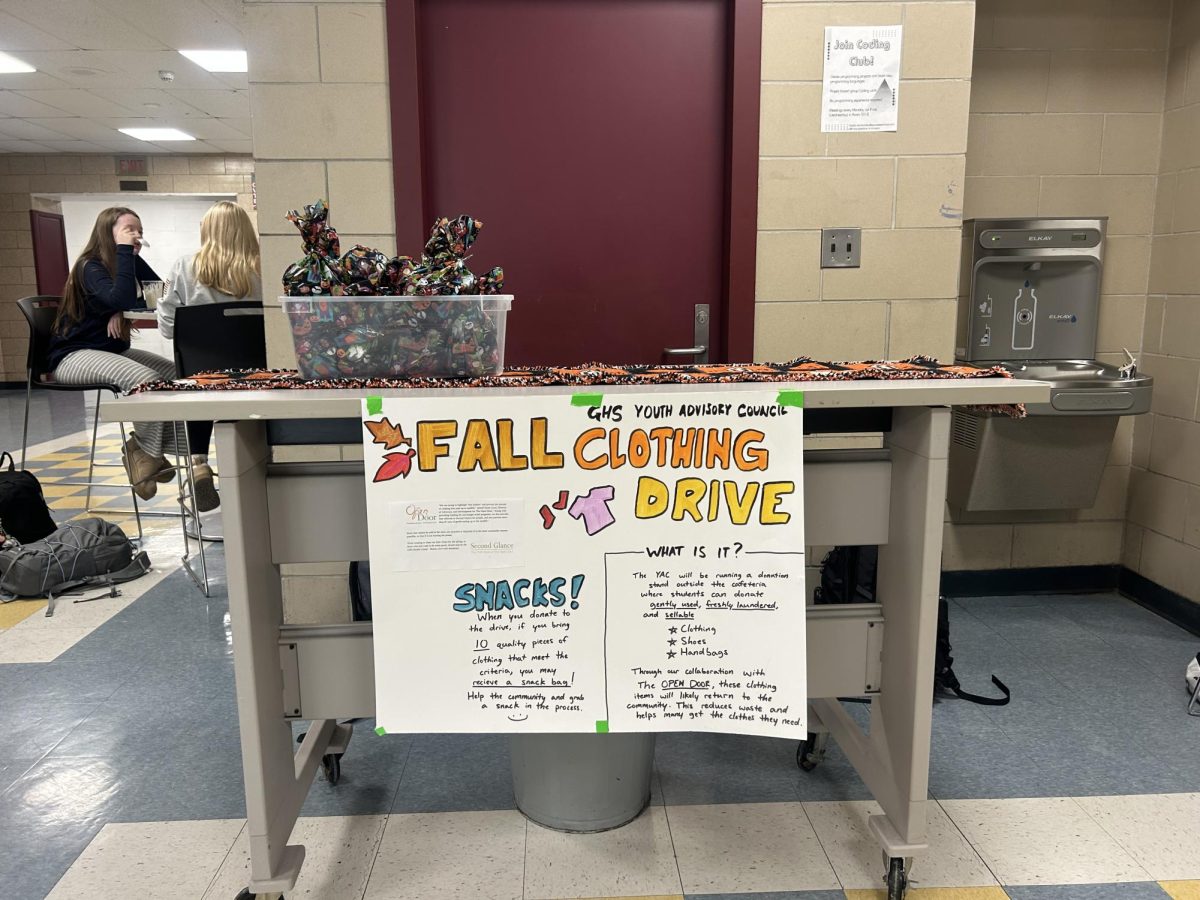










![The Volleyball team poses after their win. [Photo courtesy of GHS Volleyball]](https://thegillnetter.com/wp-content/uploads/2025/10/IMG_6936.jpg)
